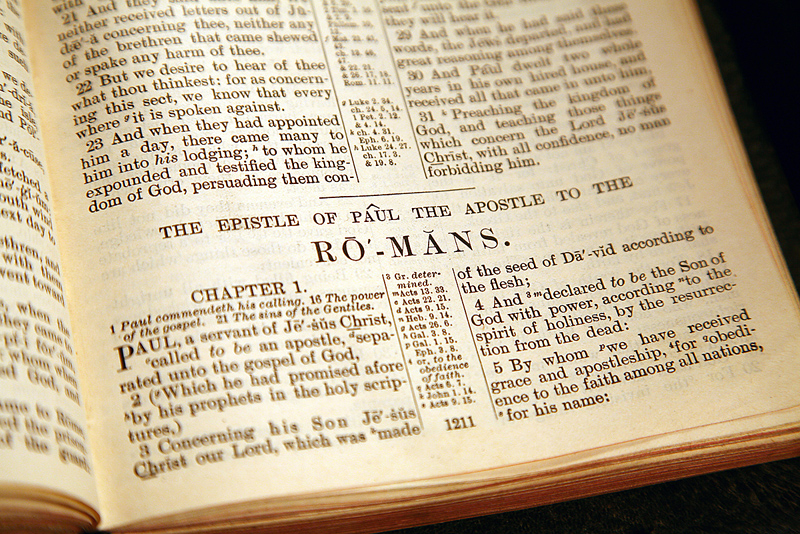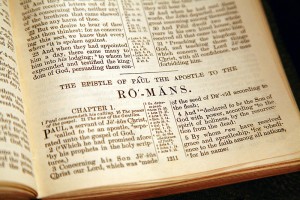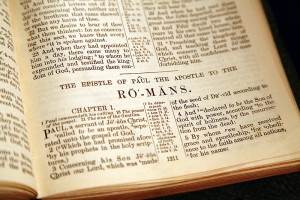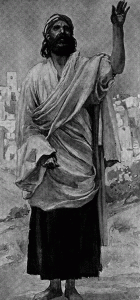Grace is more than what the mainstream church has taught you. It is also the supernatural power or ability to walk in the Torah-laws of Elohim!
Romans 1:5, Grace … for obedience. Grace is the Greek word charis. The word grace has several subcomponent meanings. It is the removal by Elohim from the individual of guilt caused by sin—the wiping clean of the slate containing a man’s past sins. It is a divine and unmerited favor or pardon of Elohim toward sinful man. Grace indicates favor on the part of the giver (Elohim) and thankfulness on the part of the recipient (man) and is to be distinguished from mercy which is the pardoning or removal of the penalty or consequences of sin. Grace removes guilt, mercy removes misery. But grace is also the divine influence or enablement upon the heart of man (see Strong’s Expanded Concordance). But grace is not only unmerited divine favor, but is also the divine enablement or empowerment to walk righteously before Elohim. It is “the merciful kindness by which Elohim, exerting his holy influence upon our souls, turns men to the Messiah, keeps, strengthens, increases them in faith, knowledge, affection, and kindles them the ability to exercise righteous virtues (see 2 Cor 1:12; 4:15; 6:1; 12:9; 2 Thess 1:12; Acts 11:23; 13:43; 18:27; Rom 6:14; Gal 5:4; Col 3:16; 1 Cor 15:10) according to Thayer’s Greek -English Lexicon of the NT. So in summary, we see that grace is not only the unmerited divine favor that wipes away our past sins, but the divine empowerment or enablement to walk in such a state of righteousness and virtue before Elohim so that one does not sin (i.e., transgress the Torah-law of Elohim — 1 John 3:4) thus incurring upon oneself the penalty for sin (death) and hence the need, once a gain, for unmerited divine favor or pardon.






